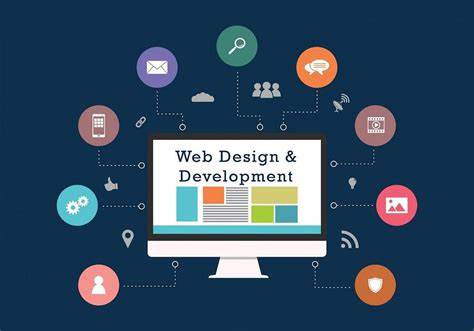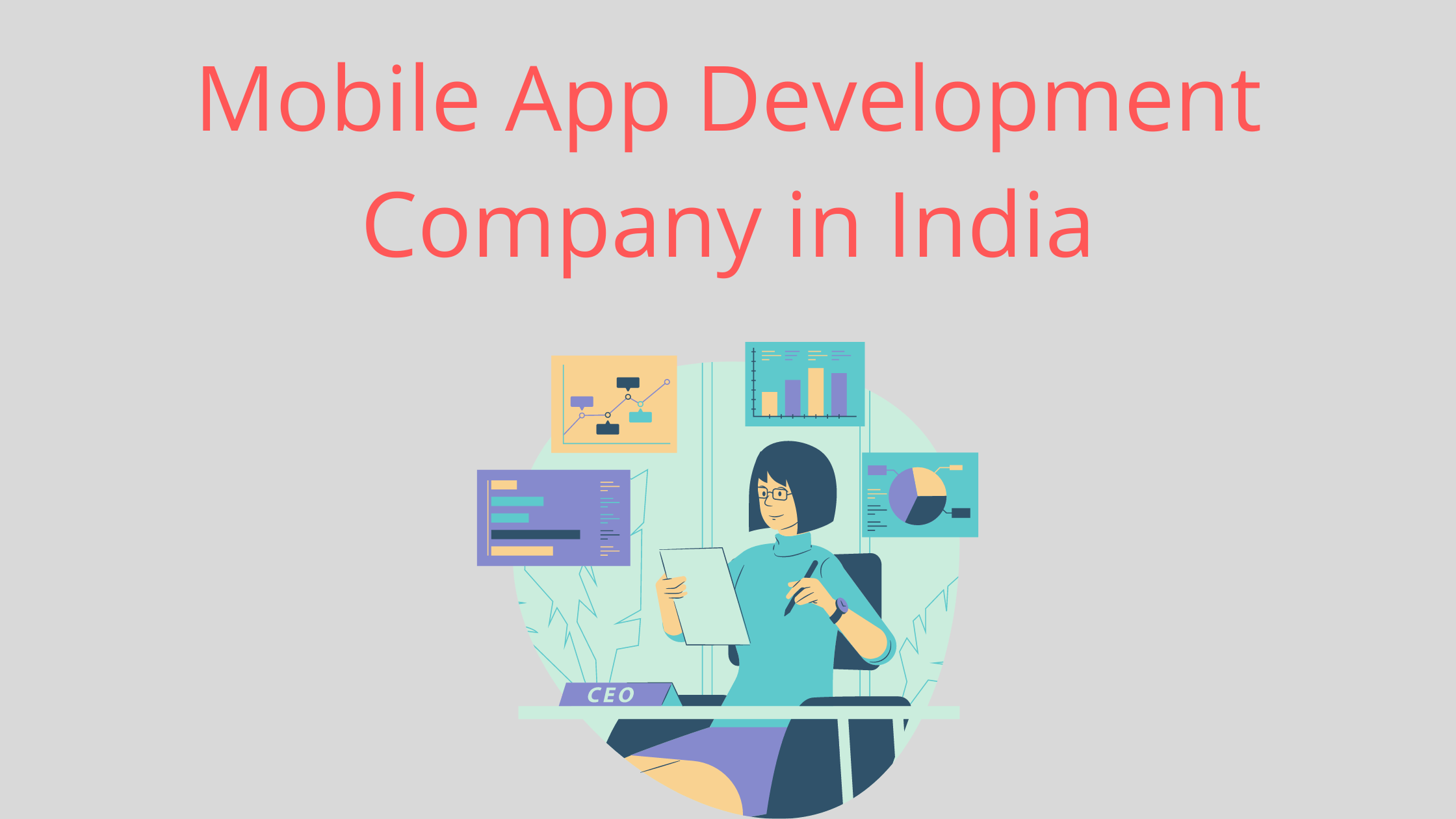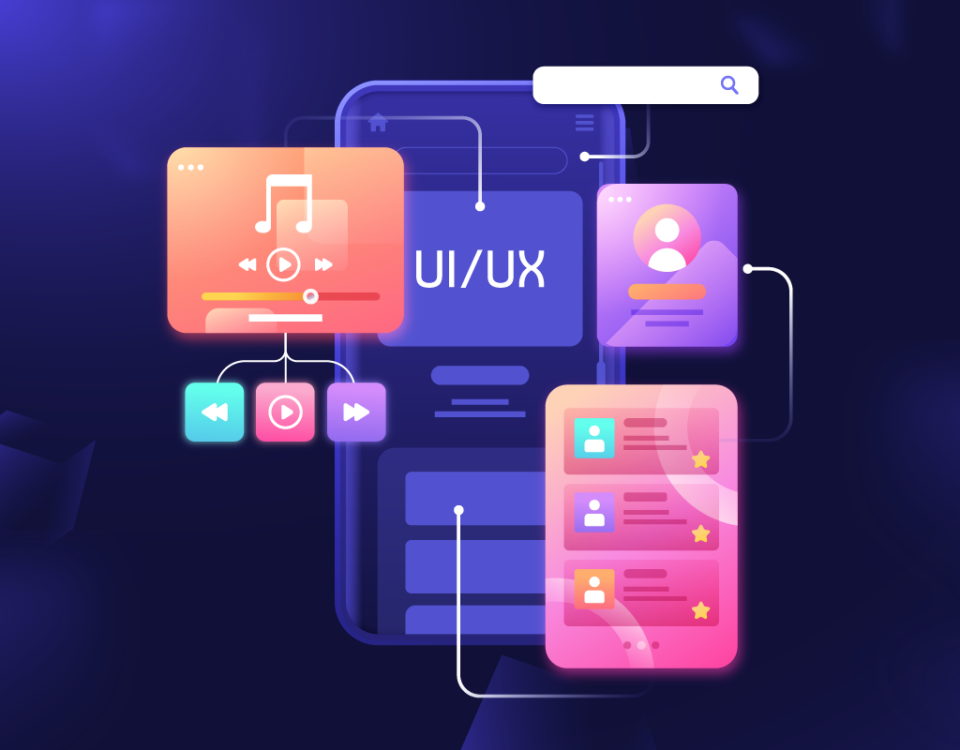
Introduction to Artificial Intelligence
Artificial Intelligence (AI) has emerged as a revolutionary field, transforming various
industries and creating new opportunities. As beginners, embarking on an AI journey can
seem daunting due to its vast scope and technical depth. This roadmap aims to provide a
structured approach to understanding and mastering AI concepts, tools, and applications, ensuring a smooth transition from novice to proficient practitioner.
Understanding the Basics of AI
Before diving into complex algorithms and models, it is essential to grasp the fundamental concepts of AI. Artificial Intelligence can be broadly defined as the simulation of human
intelligence processes by machines, especially computer systems. These processes
include learning (the acquisition of information and rules for using the information),
reasoning (using rules to reach approximate or definite conclusions), and self-correction.
Key areas to focus on include:
- Machine Learning (ML): A subset of AI that involves the development of algorithms that
allow computers to learn from and make decisions based on data.
- Deep Learning (DL): A specialized subset of ML that uses neural networks with many
layers (deep networks) to analyze various factors of data.
- Natural Language Processing (NLP): The ability of a computer program to understand,
interpret, and generate human language as it is spoken or written.
Setting Up Your AI Learning Environment To start your AI journey, setting up an appropriate learning environment is crucial.
This involves selecting the right tools and platforms that facilitate learning and
experimentation.
Here are some key steps:
1. Choosing a Programming Language: Python is the most popular language for AI due to its simplicity and the vast array of libraries available. Libraries such as TensorFlow, Keras,
PyTorch, and Scikit-learn are essential for various AI tasks.
2. Setting Up Development Tools: Install Integrated Development Environments (IDEs) like
Jupyter Notebook, PyCharm, or VSCode, which are conducive to writing and testing AI
code.
3. Utilizing Cloud Services: Platforms like Google Colab, AWS, and Azure provide robust
environments for running AI experiments without requiring significant local computational
resources.
Learning the Fundamentals of Programming and Mathematics
AI requires a solid foundation in programming and mathematics. Beginners should focus
on the following areas:
- Programming Skills: Proficiency in Python is crucial. Start with basic programming
concepts such as variables, data types, loops, and functions. Gradually move on to more
complex topics like object-oriented programming and libraries specific to AI and data
science.
- Mathematical Concepts: A strong understanding of linear algebra, calculus, probability,
and statistics is essential. These areas form the backbone of many AI algorithms and
techniques.
Exploring Key AI Concepts and Techniques
Once you have a good grasp of the basics, it is time to delve deeper into key AI concepts
and techniques. This includes:
- Supervised Learning: Learning from labeled data to make predictions or classify data
points. Techniques include regression and classification algorithms.
- Unsupervised Learning: Analyzing and clustering unlabeled data to find hidden patterns
or intrinsic structures. Techniques include clustering and association algorithms.
- Reinforcement Learning: Training models to make sequences of decisions by rewarding
desired behaviors and punishing undesired ones.
Hands-On Projects and Practice
Practical experience is invaluable in learning AI. Engaging in hands-on projects helps
consolidate theoretical knowledge and provides real-world experience.
Consider the
following project ideas:
- Image Classification: Build a model to classify images into different categories using
convolutional neural networks (CNNs).
- Sentiment Analysis: Develop an NLP model to analyze text and determine the sentiment
(positive, negative, neutral) expressed.
- Recommendation Systems: Create a system that recommends products or content
based on user preferences and behavior.
Joining AI Communities and Participating in Competitions
Engagement with the AI community can provide support, inspiration, and opportunities for collaboration.
Consider joining forums and groups such as:
- Kaggle: Participate in data science competitions and collaborate with other enthusiasts.- GitHub: Explore repositories, contribute to projects, and learn from the code written by
others.
- AI Meetups and Conferences: Attend events to network with professionals and stay
updated with the latest advancements in AI.
Staying Updated with AI Research and Trends
AI is a rapidly evolving field. To stay current, follow AI research publications, blogs, and
news. Key resources include:
- ArXiv: A repository of research papers in AI and related fields.
- Medium: Follow AI-focused publications and authors.
- AI News Websites: Websites like AI Weekly, Towards Data Science, and Analytics Vidhya offer regular updates and insights into the field.
Ethical Considerations in AI
As AI technology advances, ethical considerations become increasingly important.
Understanding the ethical implications of AI involves:
- Bias and Fairness: Ensuring AI systems are free from bias and make fair decisions.
- Privacy: Safeguarding the data used in AI models and respecting user privacy.
- Transparency: Making AI decision-making processes transparent and understandable to users.
Conclusion
Embarking on an Artificial Intelligence journey requires dedication, continuous learning,
and practical experience. By following this roadmap, beginners can systematically build
their knowledge and skills, progressing from understanding basic concepts to developing sophisticated AI models. The future of AI is promising, and now is the perfect time to start your journey in this exciting field.
 Best Web Development Company in Delhi NCR | Oprezo India
Best Web Development Company in Delhi NCR | Oprezo India
 Best Mobile App Development Company in Delhi | Oprezo India
Best Mobile App Development Company in Delhi | Oprezo India
 Best Digital Marketing & SEO Company in Delhi NCR | Oprezo India
Best Digital Marketing & SEO Company in Delhi NCR | Oprezo India
 Best UI & UX Design Services in Delhi | Android & iOS UI/UX Development – Oprezo India
Best UI & UX Design Services in Delhi | Android & iOS UI/UX Development – Oprezo India
 Best CRM & MLM Software Development Company in Delhi | Oprezo India
Best CRM & MLM Software Development Company in Delhi | Oprezo India